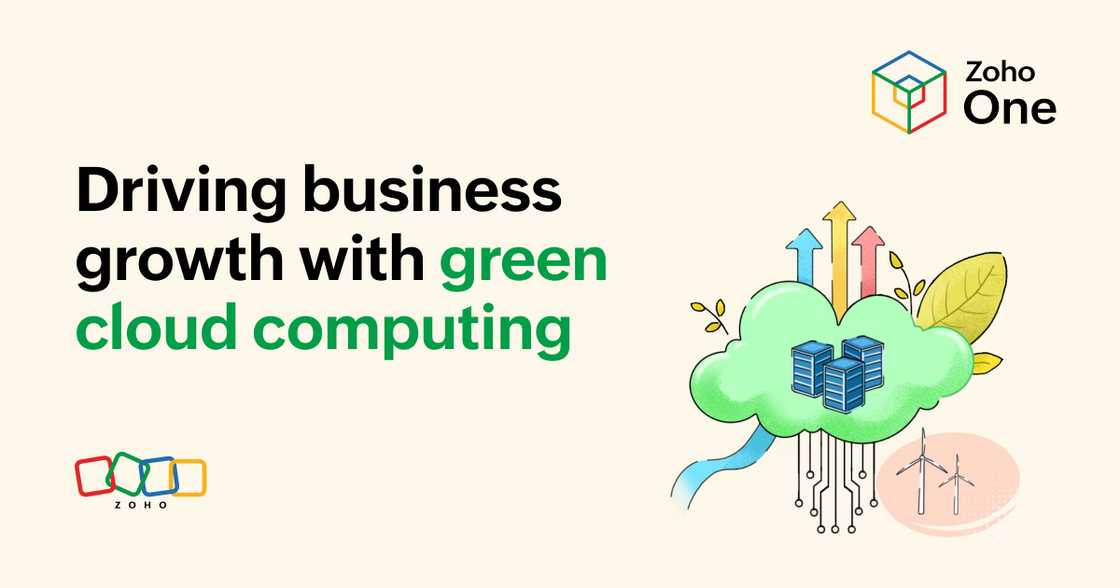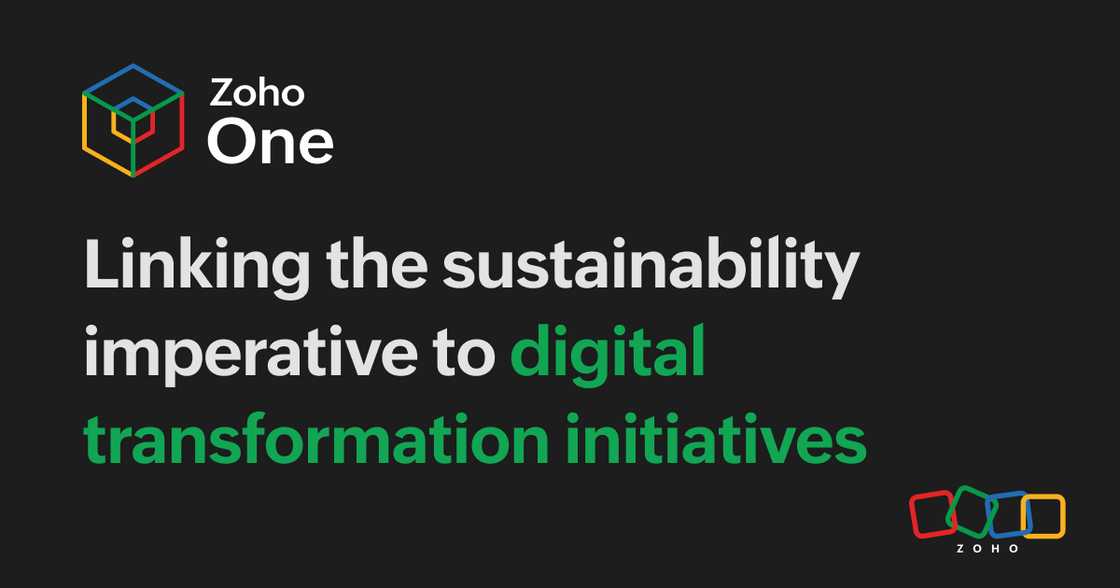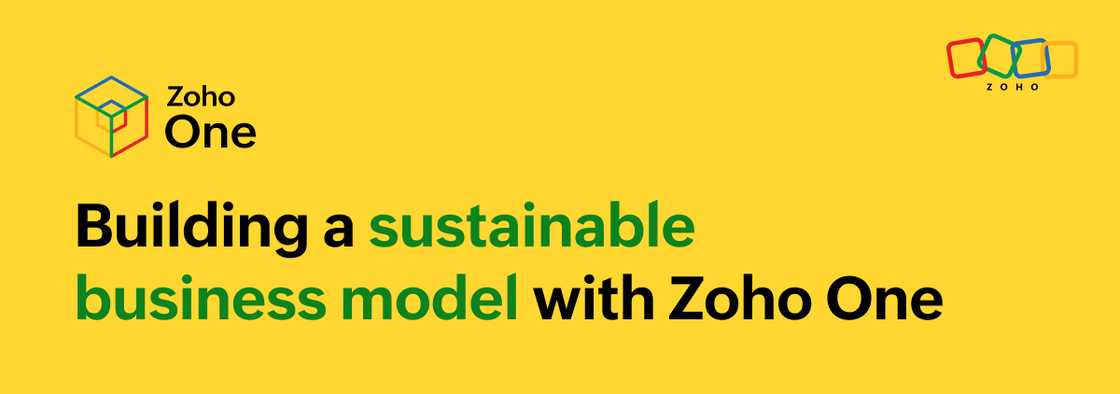Zoho Explores Green Cloud Computing: A Game Changer for Nigerian Business Growth
Although Nigeria contributes approximately 0.32% to global CO2 emissions, the country has experienced first-hand devastating effects of climate change. According to the United Nations (UN), climate change has fuelled displacement and conflict in various parts of the country. As the climate crisis escalates, its impact will only become more severe. As such, Nigeria will need to play its part, along with the rest of the world, in mitigating and combating the crisis. That includes Nigerian businesses also stepping up to contribute, by adopting and implementing new and more sustainable practices to drive change and reduce environmental impact nationally.

Source: UGC
Linking the sustainability imperative to digital transformation initiatives
One way for businesses to ensure sustainability remains in focus is to incorporate it into their digital journeys. As companies increasingly look to go digital and adopt cloud technologies, they should also consider whether the cloud technology vendors that they work with have environmentally conscious practices; whether the cloud solutions, in addition to offering efficiency and scalability, also actively help the business reduce their carbon footprint and promote sustainable operations; whether the applications can operate at scale without placing undue strain on the environment.
Further, during their vendor assessment processes, businesses can also make sustainability a predefined parameter and evaluate vendors on their green cloud computing practices. For instance, numerous cloud vendors today are working towards energy-efficient data centres through large-scale investments in renewable energy, advanced cooling systems, and optimised hardware to minimise energy consumption.
Working with the right cloud vendors, like Zoho, can support businesses in their sustainability efforts. Zoho makes it possible with initiatives like solar-powered operations in data centres and offices, green infrastructure built using renewable energy sources, innovative water conservation methods like rainwater harvesting and waste water recycling, sustainable procurement practices, and eco-friendly transportation for employees.

Source: UGC
Building a sustainable business model with Zoho One, a unified suite of contextually integrated applications
Zoho One, an integrated suite with 45+ applications that work collectively to help run an entire business on the cloud, is a powerful platform solution that not only enhances operational efficiency but also enables environmental stewardship. Businesses using Zoho One, for instance, can consolidate their business operations under a single, unified platform. This means that one can manage everything from HR to CRM functions in one place instead of using numerous separate applications, each with its own energy needs. That allows for improved energy efficiency, contributing to a smaller carbon footprint.
Zoho One also allows for more efficient data processing. The tightly integrated applications eliminate the need for redundant data entry and minimise the number of processes running simultaneously, and instead allow for an optimised data flow. This, in turn, means that less computational power is required to manage an organisation’s data, enabling reduced energy use.

Source: UGC
Embracing sustainability
In a country with economic growth requirements as big as Nigeria’s, it would be all too easy to dismiss the need for sustainable business practices. It should be clear, however, that sustainability and business growth aren’t at all incompatible. In fact, with green, cloud-based solutions like Zoho One in play, they can be complementary.
[Sponsored]
Source: Legit.ng


